
The Flaw of the Flawless Hero
Why Perfect Characters Break in a World Built on Brass, Blood, and Secrets
In the floating world of Aether Skies, where cities drift on cracked Aether cores and every dream is stitched with whispers from the deep, the idea of a perfect, unshakable hero rings… false.
This is a world where survival demands compromise. Where the line between righteousness and ruin is drawn in steam, secrecy, and sometimes a little blood.
In this post, we’ll explore why “flawless” heroes don’t belong in Aether Skies, how moral grey space enriches storytelling, and how you can build characters and campaigns that lean into the rot beneath the crystal veneer.
🎭 Why Perfection Fails in a World Like This
1. The Setting is Morally Complicated—Your Characters Should Be Too
The Aether Skies setting thrives on tension between survival and sacrifice. The cities are held together by lies, lost technologies, and pacts no one dares revisit.
A “good guy” who always makes the perfect choice either doesn’t understand the world… or is lying to themselves.
In Piatracas, a hero might shut down illegal Aether research—but doing so could crash an entire district’s power.
In Theopholis, protecting an innocent might mean blaspheming before a thousand eyes.
In Granglehold, saving a child may cost an entire labor line their only source of clean water.
Good isn’t free. Good isn’t easy. And sometimes, good doesn’t look like good at all.
🛠️ The Rot Beneath the Brass
In Aether Skies, the world is polished with innovation, wrapped in idealism… but underneath?
-
Kerfluffle’s music is rebellion in disguise.
-
The Aethernati protect the cities—but at what cost to personal freedom?
-
Aetherball is a cultural battleground as much as it is a sport.
Characters without internal struggle feel out of place in this world. More importantly, they lack friction—the stuff stories are made of.
🔥 Examples of Flawed but Compelling Archetypes
🕵️♀️ The Idealistic Spy
They joined the Aethernati to protect the cities from eldritch horrors—but now they silence poets in Kerfluffle. Do they still believe in the cause? Or just fear what happens if they stop?
🐰 The Beastkin Tinker
They want to prove not all beastkin are dangerous… but secretly they’re experimenting with unstable Aether-tech just to stay relevant. What line won’t they cross?
🧑⚖️ The Righteous Magistrate
Sworn to uphold justice in Theopholis, they’ve destroyed dozens of lives for owning outlawed art. Now, someone paints their face on the walls each night—and the paint won’t wash off.
These characters aren’t broken—they’re real. They hurt. They struggle. They try. That’s what makes their victories matter.
🧠 What Players Can Ask Themselves
-
What part of my character do they hide from others—and why?
-
What does “good” mean to my character in this setting?
-
What moral failure have they committed in the past that still shapes them?
-
What would they sacrifice to preserve their ideals—or themselves?
🎮 What GMs Can Do to Support This
-
Present complex problems, not binary ones.
-
Let “good” actions have consequences—both good and bad.
-
Offer redemption… but never without cost.
-
Allow NPCs to reflect back the players’ hypocrisy, fear, or guilt.
Don’t punish players for being noble—but do challenge what nobility means when the sky burns and Haven whispers your true name.
🧩 Optional Mechanic: Flaws as Keys
Try this system in your next Aether Skies game:
Each player defines a core flaw—something that shapes their guilt, pride, fear, or failure.
When that flaw complicates a scene? They gain a Narrative Token or Insight Die they can spend to:
-
Ask the GM a question about hidden truths
-
Reshape the outcome of a scene based on instinct or experience
-
Empower an action with emotional resonance
Flaws become resources, not just liabilities.
✨ Final Thought: Shattered Mirrors Reflect More Light
The Aether Skies aren’t polished—they’re cracked, scorched, and still flying. Your heroes should be the same.
Let your characters be selfish, uncertain, wounded. Let them make the wrong call. Let them regret it. And then let them try again—not because they’re flawless, but because they’re human.
In the end, it’s not about whether they save the world.
It’s about whether they can still look in the mirror when they do.
Thanks for reading. Until Next Time, Stay Nerdy!!








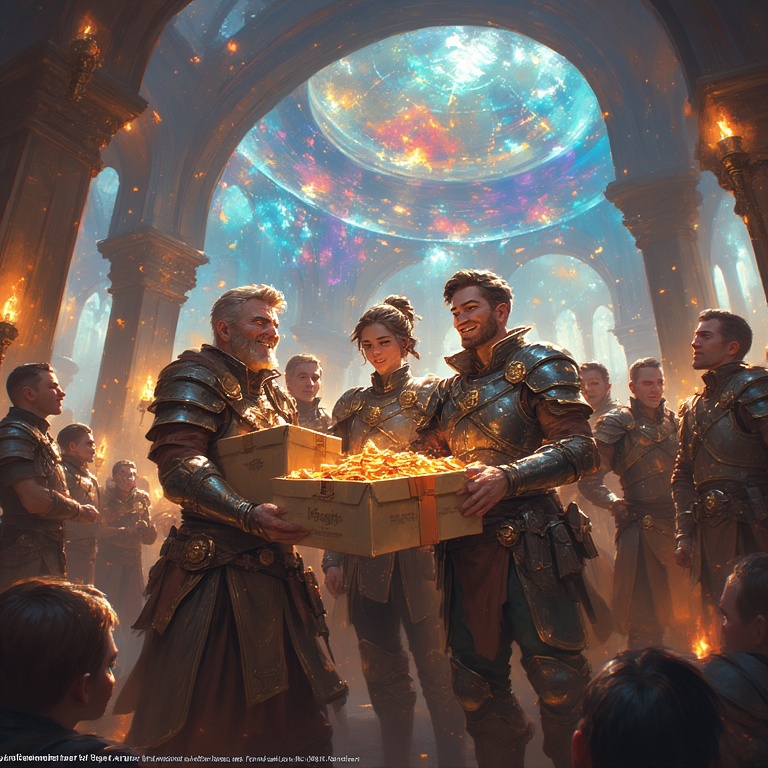
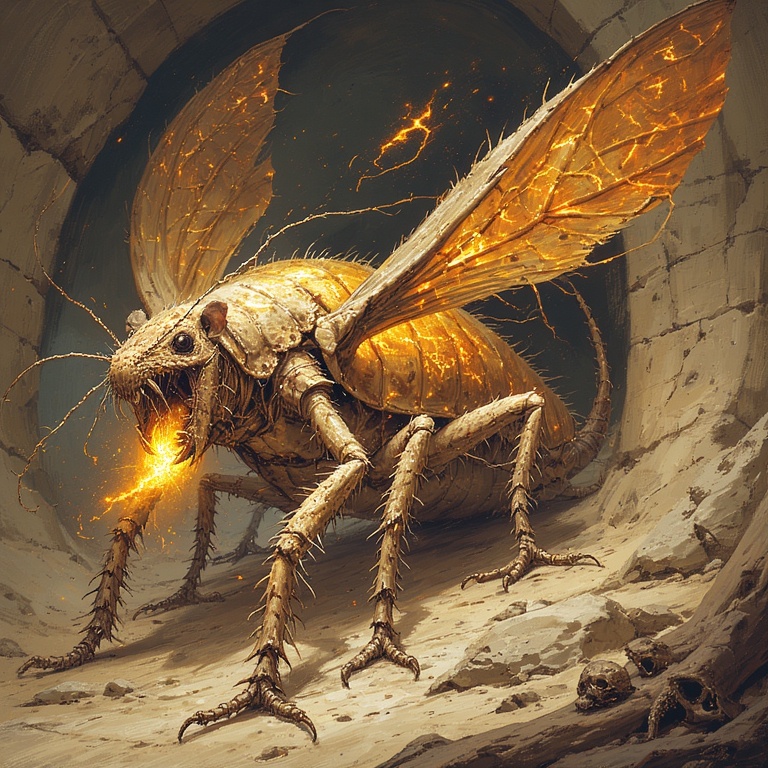
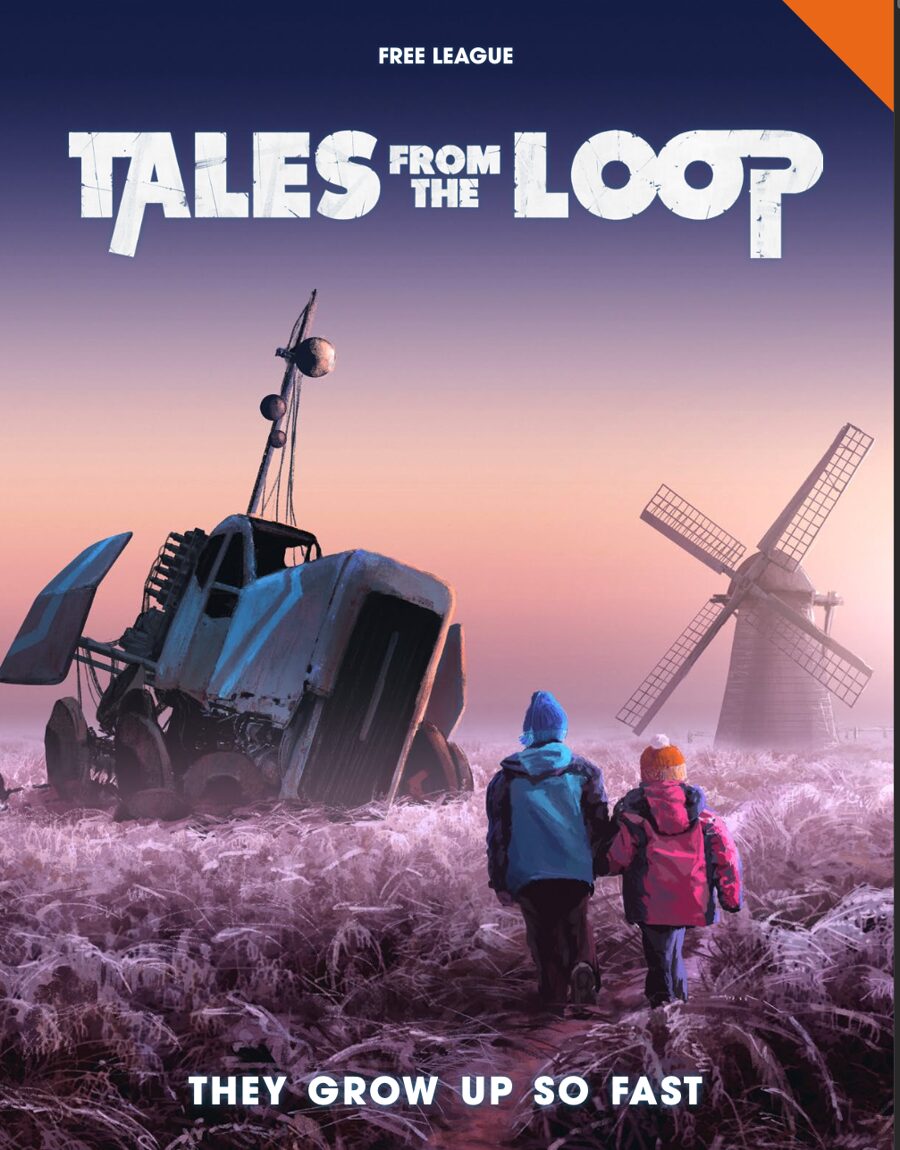
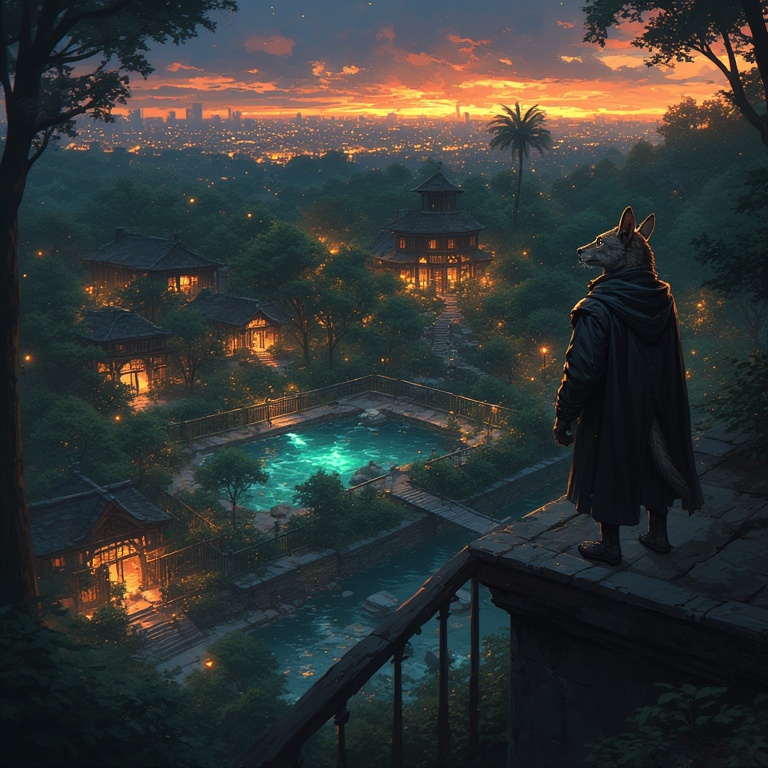
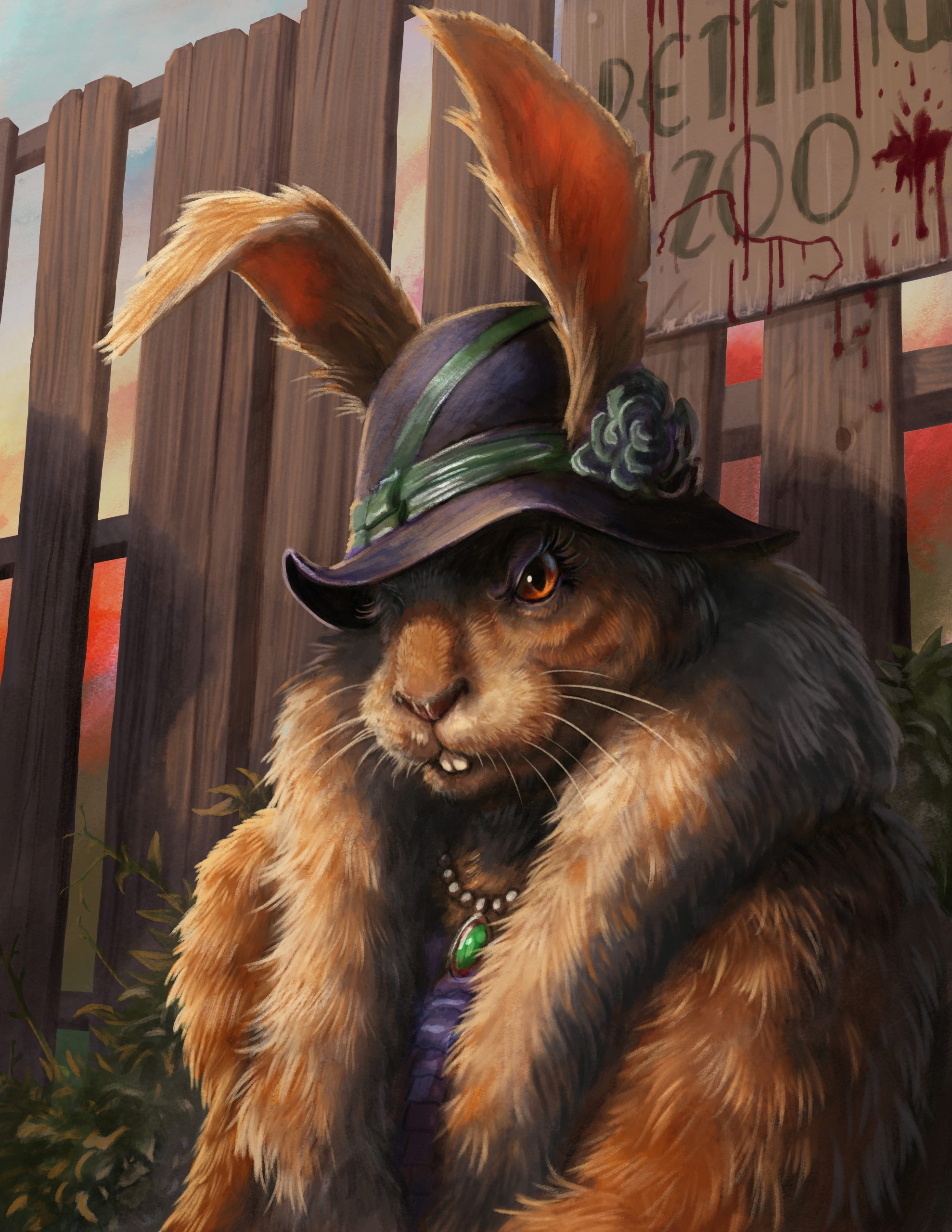
No Comments